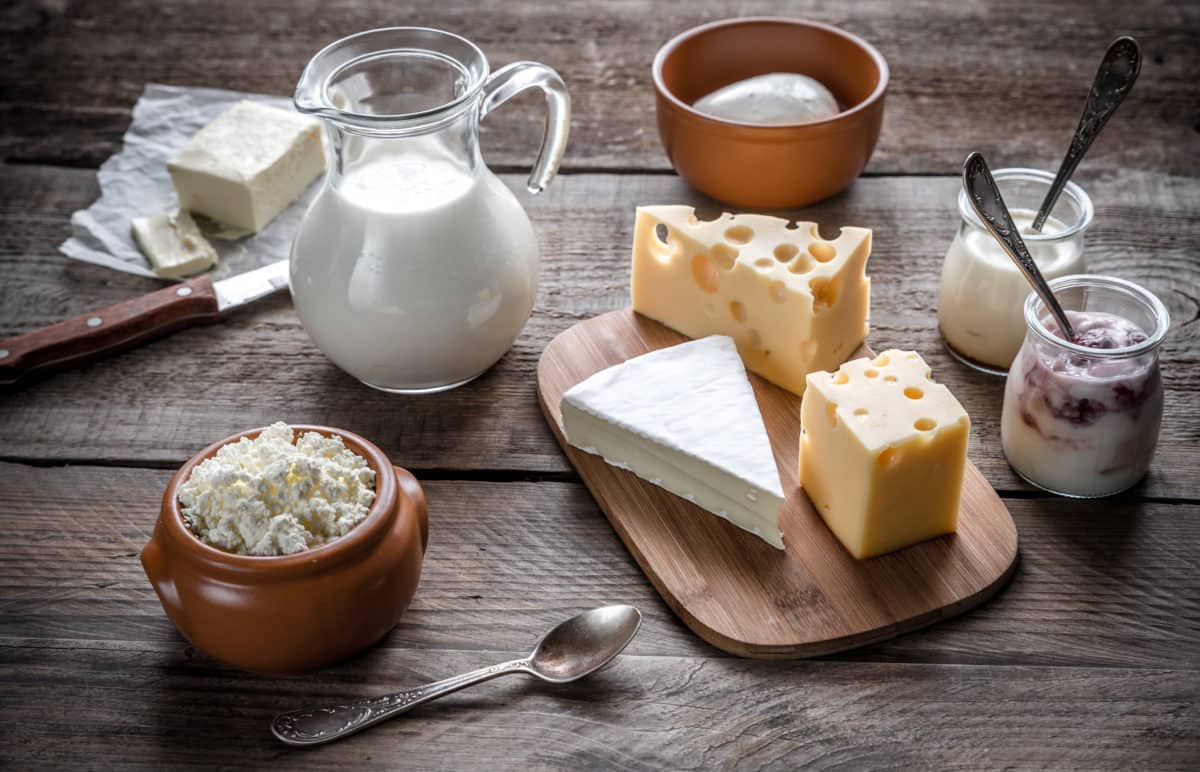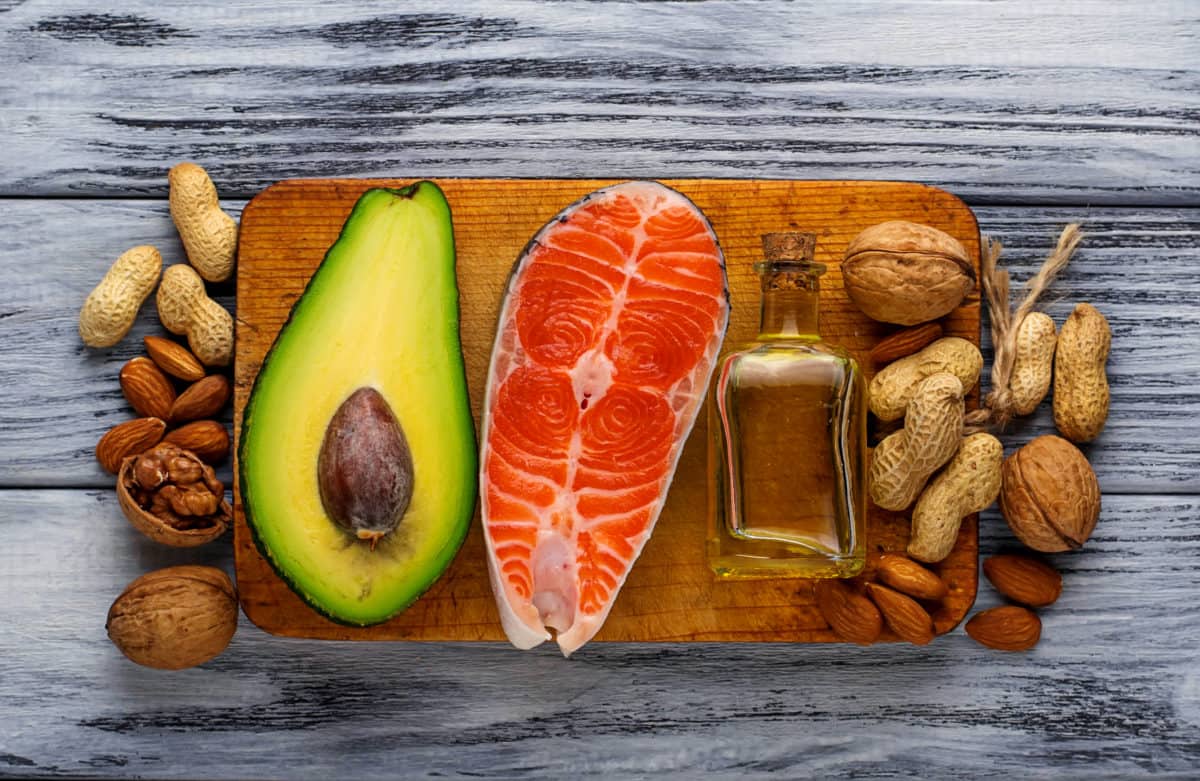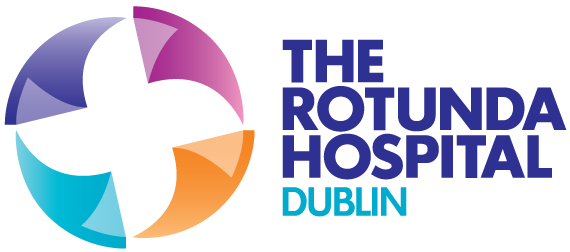Witaminy i Minerały
Budowania zdrowych kości
Wapń jest niezbędny do budowania zdrowych kości i zębów – Twoich i Twojego dziecka. Produkty spożywcze zawierające dużo wapnia to mleko, ser, jogurt, wzbogacone mleko sojowe i wzbogacony sok pomarańczowy. Codziennie spożywaj 3 porcje tych produktów. Jeśli zostaniesz mamą bliźniąt lub większej liczby dzieci, spożywaj codziennie do 5 porcji.
Potrzebujesz także witaminy D wymaganej do absorpcji wapnia z diety. Witamina D może również wesprzeć Twój system immunologiczny i poprawić ogólny stan zdrowia. Najlepszym źródłem witaminy D są tłuste ryby, takie jak łosoś, sardynki i makrela, mleko wzbogacone witaminą D, wzbogacane margaryny i niektóre płatki śniadaniowe. Jeśli w Twojej diecie jest zbyt mało witaminy D, porozmawiaj na ten temat z dietetykiem.
Jedna porcja produktu spożywczego bogatego w wapń to:
200 ml wzbogaconego mleka, 30 g sera,
125 g jogurtu, 200 ml mleka sojowego wzbogaconego wapniem, 45 g sardynek w puszce (spożywanych z drobnymi, miękkimi ośćmi)

Kwas foliowy
Kwas foliowy wspomaga zapobieganie rozszczepowi kręgosłupa oraz innym wadom cewy nerwowej u dziecka. Kręgosłup dziecka rozwija się bardzo wcześnie, możesz nawet jeszcze nie zdawać sobie sprawy, że jesteś w ciąży. Dlatego ważne jest, aby rozpocząć przyjmowanie kwasu foliowego przed zajściem w ciążę – najlepiej co najmniej trzy miesiące przed każdą ciążą. Jeśli nie zażywałaś kwasu foliowego przed zajściem w ciążę, zacznij to robić jak najszybciej i kontynuuj do 12 tygodnia ciąży. Uwzględniaj w swojej codziennej diecie produkty bogate w kwas foliowy, takie jak zielone warzywa liściaste, wzbogacone płatki śniadaniowe, fasola i owoce cytrusowe.
Tabletki zawierające kwas foliowy są dostępne w aptekach bez recepty. Jeśli zażywasz leki na chorobę taką jak padaczka, ustal z lekarzem, jakie jest Twoje zapotrzebowanie na kwas foliowy. Niektóre rodzaje leków neutralizują kwas foliowy, dlatego należy zadbać o jego uzupełnienie. Poinformuj lekarza lub położną o wszystkich lekach i suplementach, które zażywasz, aby mieć pewność, że są bezpieczne dla kobiet w ciąży

Ryby – kwasy tłuszczowe omega 3 i jod
Kwasy tłuszczowe omega 3, DHA i EPA, są bardzo ważne dla Twojego serca oraz dla rozwoju mózgu, wzroku i systemu nerwowego dziecka. Możesz zaspokoić swoje zapotrzebowanie na te podstawowe tłuszcze, jedząc dwa razy w tygodniu ryby bogate w oleje, takie jak łosoś, makrela, śledź, sardynki. Ryby i owoce morza są również świetnym źródłem protein i jodu dla dziecka i są bardzo ważne w zbilansowanej diecie. Zadbaj, aby jeść ryby i owoce morza dwa razy w tygodniu. Jeśli nie jesz ryb, zażywaj podczas ciąży suplementy diety zawierające jod i kwasy omega 3.
Niektóre gatunki ryb zawierają zbyt dużo rtęci i innych toksyn, które mogą być szkodliwe dla dziecka. Nie jedz rekina, marlina, płaszczki i miecznika. Jedz tylko jeden stek z tuńczyka lub dwie puszki (po 140 g odsączonego tuńczyka) w tygodniu. Należy również przestrzegać tych zaleceń, jeżeli karmisz piersią.

